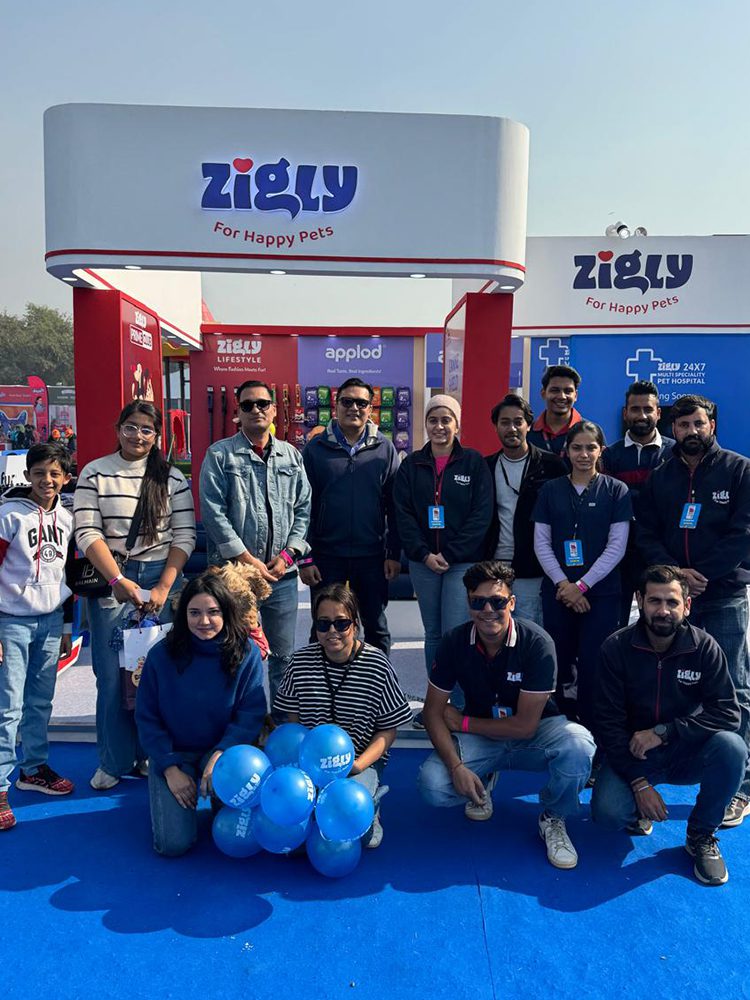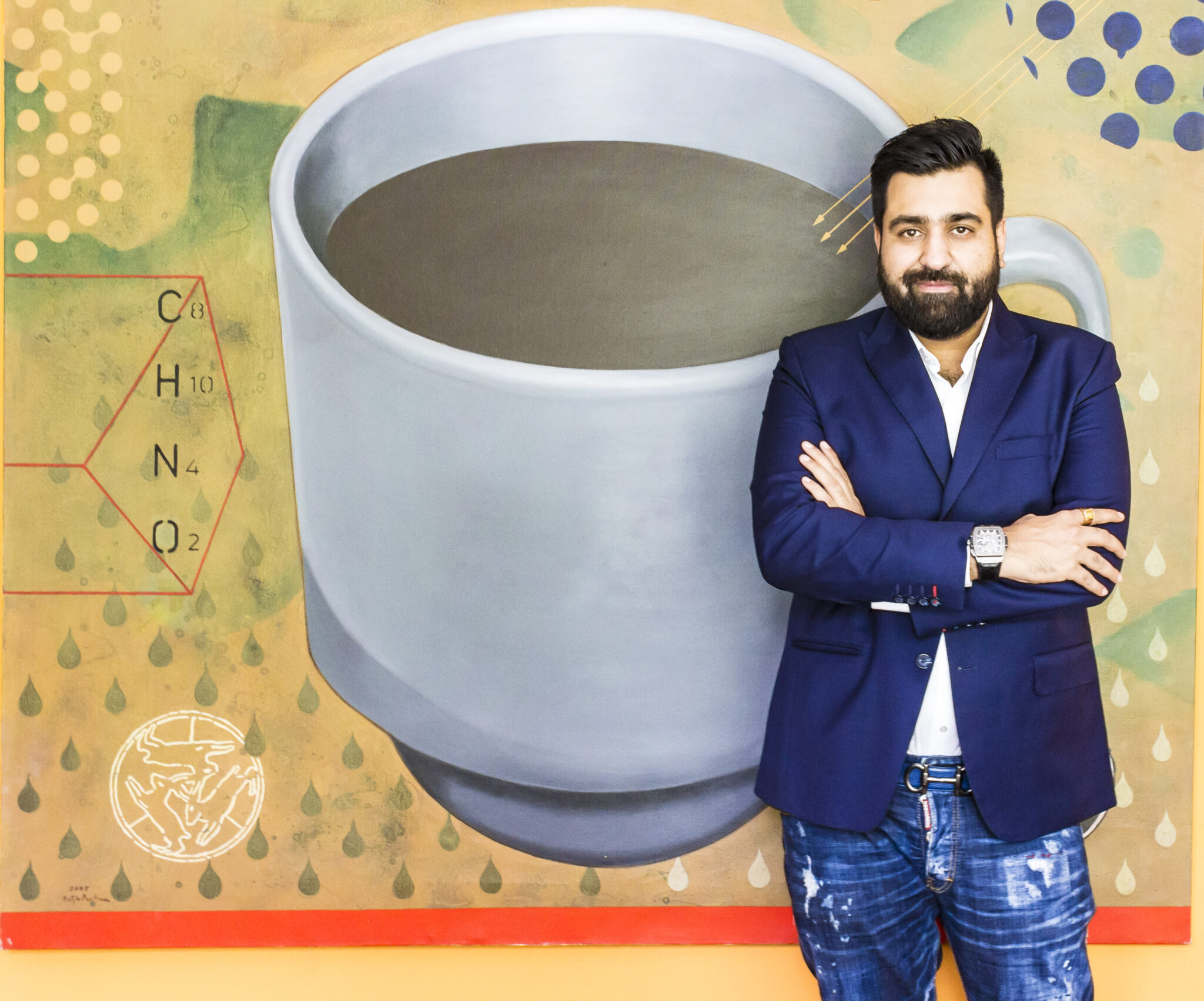Countdown begins for the budget of 2022-23
Akankshya Mukherjee, Mumbai Uncensored, 31st January 2022 :
The countdown for the Budget 2022-23 has begun and just like every year, markets and industries are looking forward to big announcements by the Finance Minister of India, Shrimati Nirmala Sitharaman. For the unversed, the budget for 2022-23 will be presented on 1st February during the first half of the Parliament’s Budget Session. It usually begins in the last week of January every year.
Shrimati Nirmala Sitharaman is the second woman to present the Budget, after the former Prime Minister Mrs Indira Gandhi, it is definitely a big task she has taken in hands. Also, Shrimati Sitharaman is the first female Finance Minister to present 4 consecutive Union budgets.
Why has the Budget’s date and time changed?
The Union Budget used to be announced on the last working day of February at 5pm, and it was continued to be in practice till 1999. The tradition was inherited from the colonial era but it wasn’t the only know. The Budget invariably brings changes in the Tax System, and the presentation was given to the producers and tax collecting agencies at night to execute the price changes. Shri Yashwant Sinha was the first Finance Minister of India from 1998 to 2002 during Atal Bihari Vajpayee leading the NDA Government was when the ritual was changed by announcing the 1999 Union Budget at 11am.
Why is the Budget being presented on 1st February?
In 2017, during the NDA government another change took place, the government was led by the current Prime Minister Shri Narendra Modi. Departing the colonial ritual of Union Budget presentation on the last working day of February, the then Finance Minister Shri Arun Jaitley announced that henceforth the Budget will be presented on 1st February.
Traditional Halwa Ceremony
The traditional Halwa Ceremony will be held ahead of the Budget presentation in India. It marks the beginning of the printing process of the Government’s Budget Document every year. The ceremony also recognizes efforts of every staff member who were the part of the Budget making ceremony. The ceremony is usually attended by the Finance Minster and other Officials and clerks of the Ministry. As per the ritual, the halwa is prepared and served to the officials under the Finance Ministry who are directly associated with the Budget.
Team behind Union Budget 2022:
Revenue Secretary- Tarun Bajaj
Economic Affairs Secretary- Ajay Seth
Finance Secretary- TV Somanathan
Banking Secretary- Debashish Pandey
Secretary of the Department of Investment and Public Asset Management- TK Pandey
The Budget session of Parliament will not have Zero Hour and Question Hour during the first two days owing to the address of the President to both Houses together and the Presentation of Union Budget 2022 respectively. Matters of Urgent Public Importance can be raised during ‘Zero Hour’ of the 8th session of the 17th Lok Sabha from February 2 onward.
Experts and Expectations on Budget Union 2022:
Dr Suneeta Reddy on Union Budget 2022 says “It is the best time for the country to spend more on healthcare. Currently, 1.15% of GDP is spent on healthcare. This needs to move to 2.5% and it needs to be done as quickly as possible”.
TV Narendran, CII President, CEO and MD Tata Steel Limited says “We need another year to ensure that recovery is on track. Unless you keep your hand on the wheel and ensure investments flow, the recovery may not happen. We should give it another year, and then we can experiment next year. Government needs to continue to invest in infrastructure and boost consumption of lowest income strata with policies on socio-economic side, health infrastructure, security on jobs. Unnecessary taxes. Government should not add more layers of taxes and no policy flip-flop, like retrospective taxes. We need another year to ensure that recovery is on track. Unless you keep your hand on the wheel and ensure investments flow, the recovery may not happen”.
Former President of CII, and VC of Toyota Kirloskar Motor Private Limited, Vikram Kirloskar said “I want to see investment in auto sector. Haven’t seen much being put in the auto sector. The centre needs to find a way to boost demand of vehicles at the entry-level. India needs to pursue the net-
zero and sustainability goal in our own environment. We don’t want budget deficit to increase, we want rupee to be stable. We don’t want anything that would hurt the stability of the rupee. I have heard a lot of criticism on India’s handling of Covid. I always ask, which country has done better. We have managed to get the economy back on track. We need to keep that optimism in the Budget”.
Chandrajit Banerjee, DG of CII says “We need to rejuvenate rural demand. The government needs to focus on technology upgradation and R&D. I would like to see an over-arching technology commission or a technology fund. I don’t like to see reduction in schemes that create assets in rural India, like MNREGA and no policy that hurts the sentiment of business class. The government is on track to meet the fiscal deficit target this year. It is very important for government to balance growth and fiscal prudence in next financial year”.
Sanjiv Bajaj President- Designate, CII, Chairman & MD Bajaj Finserv says “As long as we can keep this pandemic wave in check, the economy will keep growing. I think we can keep the fiscal deficit in check. We need to prioritise investment, put it into infrastructure. We need a Budget that will look 5-10 years ahead and make India a very competitive country”. He further advises “Don’t spend everything, keep something in hand”.



 Special Editions3 months ago
Special Editions3 months ago


 Special Editions3 months ago
Special Editions3 months ago


 Special Editions3 months ago
Special Editions3 months ago


 Health2 weeks ago
Health2 weeks ago


 Special Editions4 weeks ago
Special Editions4 weeks ago















